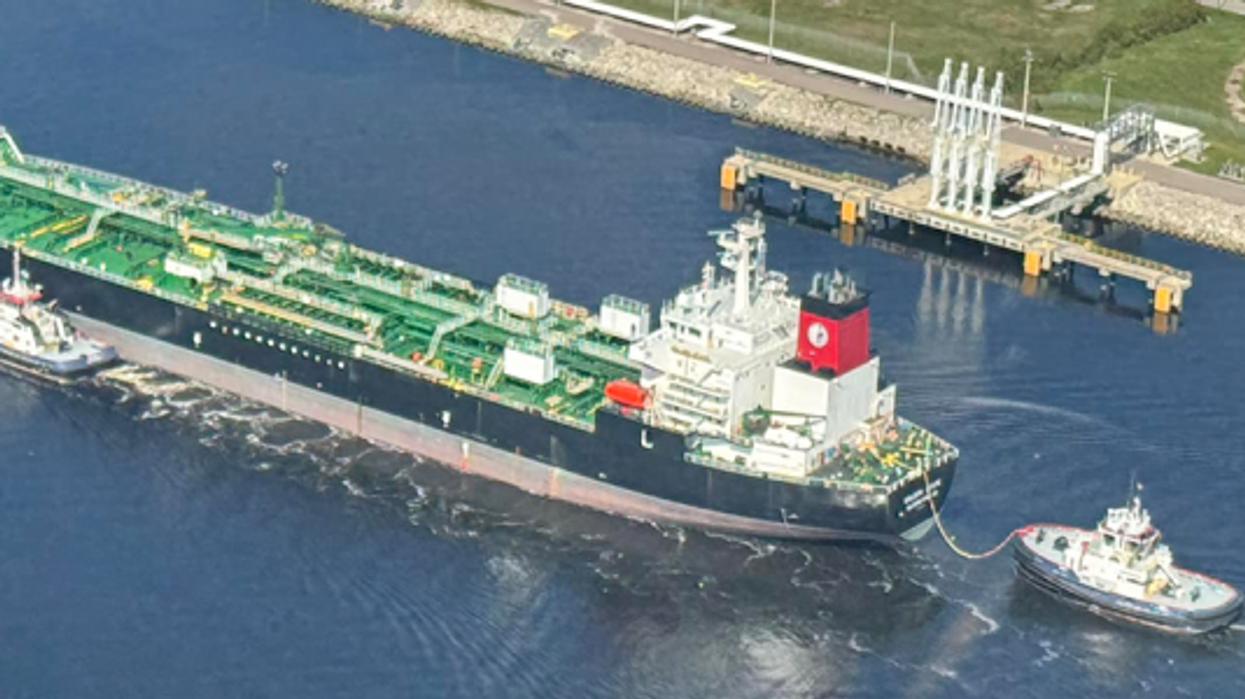States across the U.S. East and Southeast are continuing to recover this week from a triple-whammy of logistics and transportation disruptions that happened in quick succession earlier in the month, according to analysis by supply chain visibility provider Project44.
Within a short span, Hurricane Helene devastated the Southeast, the ILA port strike shut down ports along the East and Gulf Coasts for three days, and Hurricane Milton made landfall in Florida as a Category 3 storm. These consecutive disruptions hit an already fragile supply chain environment, amplifying delays and creating widespread challenges across all transportation modes, Project44 said.
Because they occurred in such short order, Hurricane Milton exacerbated existing supply chain vulnerabilities in the wake of Hurricane Helene and the ILA port strike, leading to widespread delays across ocean freight, truckload shipments, and last-mile deliveries, the report found.
Some of the lingering delays are found at ports; while inbound container vessel traffic recovered quickly after the strike, port congestion, especially in Savannah and Norfolk, continues to cause delays. Meanwhile, truckload shipments in the Southeast remain particularly impacted, with on-time performance significantly lower than in other regions. And Florida's last-mile deliveries have also faced severe disruptions, but service levels are gradually improving, Project44 said.
In a statement this week, the Florida Ports Council said its members had shown resiliency in coping with those challenges. Specifically, the ports were able to keep critical supplies of fuel flowing to affected areas despite the damage, thanks to tight coordination with Florida’s Division of Emergency Management, the Florida Department of Transportation and the U.S. Coast Guard.
“In the last 30 days, several of our ports have overcome two hurricanes and a port worker strike. While each presented very different challenges, strong leadership at our 16 public ports were able to quickly recover and resume their essential roles in Florida’s supply chain,” Mike Rubin, President & CEO of the Florida Ports Council, said in a release. “It is standard protocol that after a hurricane makes landfall, our ports prioritize petro, people and perishables as they come back online. Florida’s fuel ports play an outsized role in helping all Floridians recover.”
















